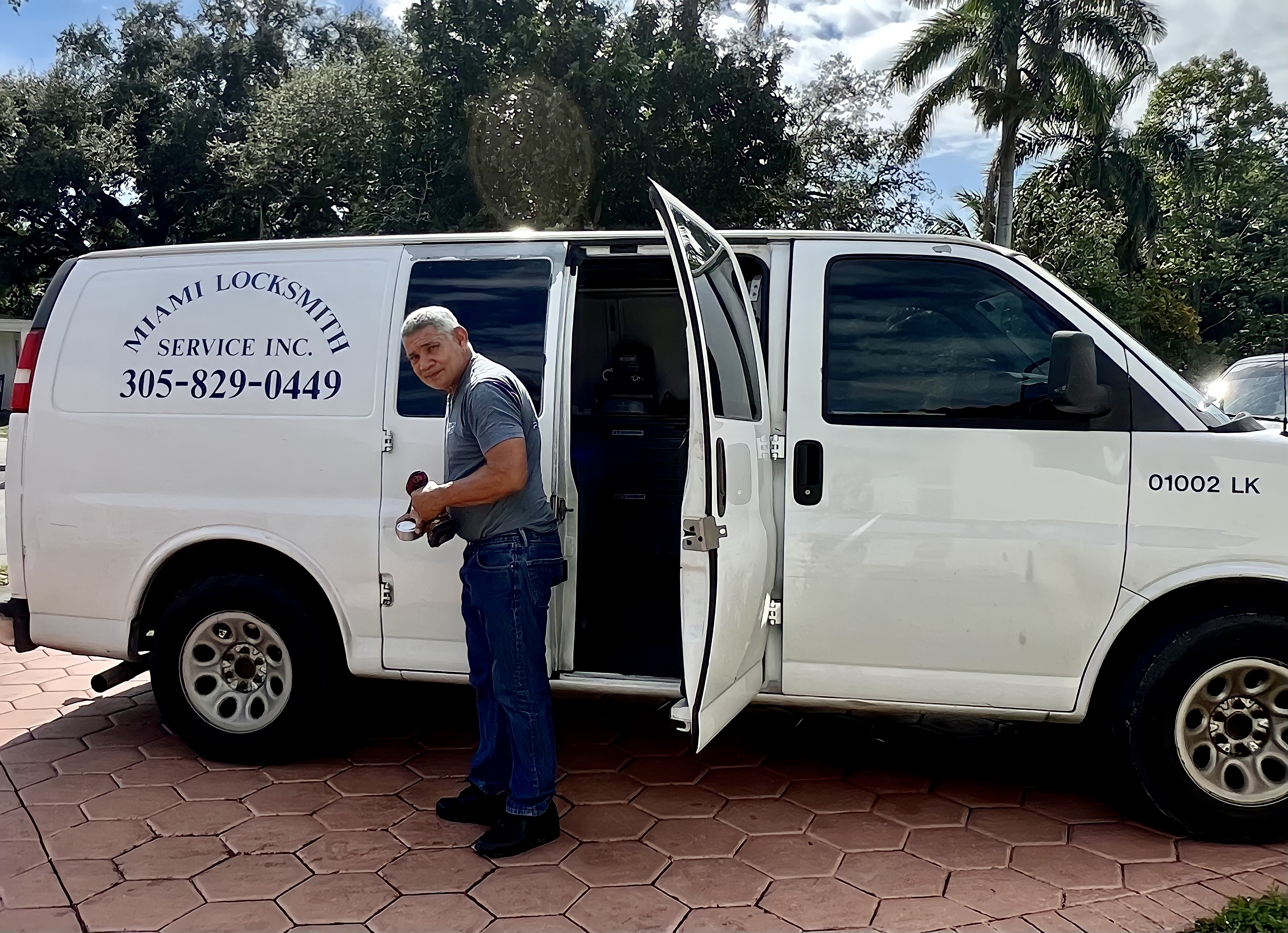Liz Guerra, who owns Jonathan’s Body Shop in Miami, says she fears losing the shop’s main source of income, a contract with Geico auto insurance because she doesn’t have enough parts.
She says she often can’t find parts for months, so she can’t work on cars until they arrive. She also pays for the client’s rental car after their insurance stops covering it, to keep her customers satisfied.
The extra cost results in 10% to 20% less profit per client, depending on how long a car has to stay at the shop.
If she charges $5,000 for a repair, she would usually make $1,500. Now, after she pays for the car rental, she makes $1,275 because rental cars cost $30 to $40 a day.
“This is terrible, it’s the worst thing that could’ve happened,” she says. “We don’t know when parts are going to be back in stock so we have angry customers that just want their car already.”
Her problems are emblematic of issues facing many small businesses that depend on bigger ones for their work.
Supply chain shortages became a national problem after COVID-19 put the whole nation on pause.
The U.S Chamber of Commerce recently reported that 75% of businesses have been affected by part shortages and shipping delays across the nation and 57% experienced longer wait times for their orders.
The chamber says businesses should be prepared for future supply chain disruptions that they believe will continue.
Even used cars are scarce.
Hector Lora, who owns H and Y Automobile, a used car dealer in Okeechobee, says used cars are difficult to find because dealers don’t have any to sell. He says bigger new car dealers mostly bought used cars because they couldn’t find new ones. So he went from selling 20 cars to only eight or 10 a month.
“This is very stressful,” he says. “I go to the car auctions every single day for seven hours trying to find cars and I have no luck. The ones available are very expensive but if I don’t take them, I wouldn’t have any cars to sell at my dealership.”
Locksmiths are also struggling to stay in business because they have no keys to work with or cars to work on.
Jose Sanchez, who runs Miami Locksmith out of his van, says he’s losing clients because if he can’t find the key for a certain car, they’ll just try to find another locksmith who can.
“Everything has slowed down dramatically,” he says. “I used to do seven to eight jobs a day and now I only do three to four jobs; this is just very sad but I have to make some money one way or the other.”

When larger companies are affected, smaller ones that work with them may suffer.
Larry Rodriguez, who also runs his company, Lock Busters of South Florida, out of his van, says he only works for rental car companies.
They now have fewer cars because rental car companies cut half of their fleet when the pandemic started. He says now people are renting more cars than last year, so they are sending some cars with only one key. Therefore, they don’t need his services as much.
Even if they did, he says he can’t get keys.
“Nobody knows when the keys are coming back, there’s no date”, he says. “Manufacturers don’t know if it’s going to be two more weeks or if it’s going to be a year, it’s scary because we don’t know what’s going to happen.”
The uncertainty is also making people consider changing careers.
Jonathan’s Body Shop manager Janeiro Garcia says he fears the worst for the business. He says he often must explain why it’s going to take so long to repair a vehicle and that it’s exhausting for everyone.
He says it took four months for one part to arrive and the client had to wait before picking up his Ford Mustang.
“I only know how to work with vehicles and this is truly my only passion but lately I’ve been trying to learn how to do other things too,” he says. “It’s just too hard right now and I have to feed my family.”
Guerra, the owner of the shop, says closing has never been an option for her but she’s taking it one day at a time.
“It’s honestly very hard to survive because, without car parts, there’s no job to do,” she says. “This is just insane.”

































